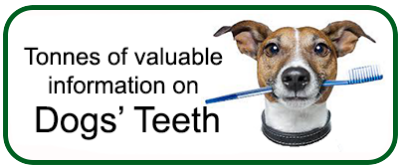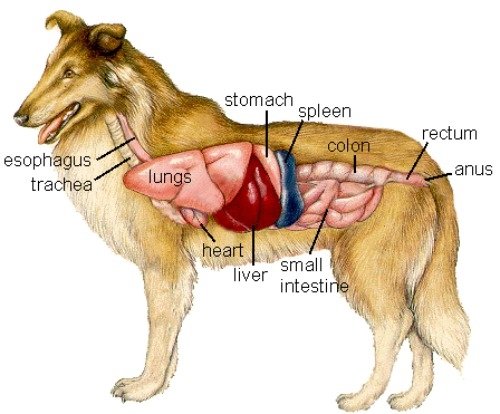Blood spread bacterial infections
and diseases in dogs
Bacterial infections |
Organs and tissues at risk
Prevention of bacterial infection
Bacterial infections
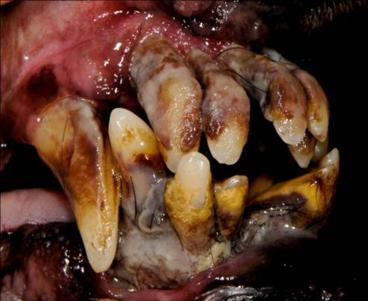
Periodontal Disease known as the "silent killer" in human beings. Sadly the same can be said for our canine friends, but even more so, because our pets dont have a voice; they can't tell us their teeth are sore and they don't have any say in what we feed them or how often we clean their teeth!
If left untreated a dog with Periodontal Disease and or Abscesses is prone to developing bacterial infections throughout its entire body.
Organs and tissues at risk
Blood carrying infectious bacteria from the mouth enters the dog's blood stream and is circulated around its body.
Here is a list of the major organs together with a synopsis of what happens to each organ when infected with bacteria from a dog's mouth.
Arteries | Brain | Heart | Kidneys | Liver | Lungs | Pancreas | Stomach
Arteries
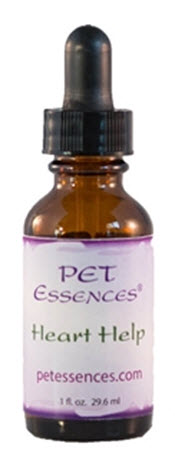
Some dogs with infections in their mouths have been found to carry "sticky" bacteria. This type of bacteria adheres to the walls of arteries. Over time the arteries become thicker and narrower making it harder for blood to pass through - as a result heart disease develops
Brain
Bacterial encephalitis is caused by infectious bacteria entering dog's the brain via the blood system. The bacteria can come from either infections in the dog's head or neck (periodontitis), or from a wound in some other part of its body, e.g. any of the above listed organs and in particular from cauliflower-like bacterial masses the Heart.
The Heart
When bacteria from peridontitis or abscesses enters the blood stream and invades the heart, it causes a serious disease called bacterial endocarditis, which is an infection of the heart valves - this condition is very often fatal.
When the heart valves are attacked by bacteria they shrink and scar causing blood to flow in the wrong direction. This is why it is not uncommon for dogs with severe dental disease to have heart murmurs. Once the dog's dental problems have been treated it is not unusual for their murmurs to go away.
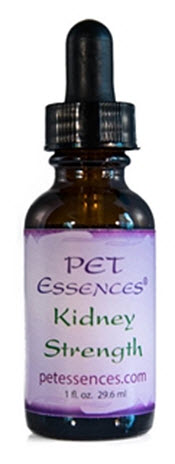
When bacteria invade the heart valves, they produce cauliflower-like masses called vegetations. Some of these vegetations break off and spread via the blood stream to infect other organs of the body.
Kidneys
The job of kidneys is to act as filters to filter out waste products and toxins from the dog's blood to be passed out with urine.
They also act as traps for circulating bacteria. When the number of bacteria in the blood is high, bacterial infection occurs and the kidneys are damaged. It is not uncommon for a dog with Kidney Problems to recover after proper dental treatment (including a dose of antibiotics) has been carried out.
Liver
Bacterial infections from the dog's blood stream can cause hepatitis, inflammation, and scarring of liver tissue. These factors lead to poor liver function and if left untreated death will occur.
Liver disease in dogs is one of the leading causes of death for dogs.
Lungs
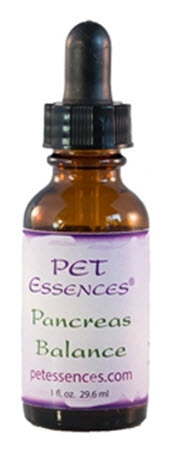
Aspiration pneumonia, occurs when bacteria from the mouth, throat or stomach is inhaled into the lungs.
The total impact of advanced dental disease is difficult to measure scientifically, but periodontitis is the number one source of the bacteria that causes aspiration pneumonia in humans and is pretty high up the scale for our canine friends too.
The lungs like other organs can be infected via the dog's blood stream as well
Pancreas
Bacteria from periodontitis and abscesses can contribute to the development of pancreatitis in the dogs. Pancreatitis in dogs is very serious, and once the pancreas has been damaged the dog will remain in a weakened state until its death.
Stomach
When a dog has periodontal disease, over time the bacteria in its saliva produces toxins. When these toxins are swallowed and ingestedby the dog, some but not all are destroyed by the gastric acid in its stomach.

The bacteria which aren't destroyed cause gastro-enteritis and tummy upsets, that's why dogs with periodontitis go hand and glove with upset tummies.
Prevention of bacterial infection
Prevention is always better than a cure, because as you can see, advanced dental disease can have horrible adverse effects on your dog's dental and general health; and if not treated he or she will die of septicaemia.
Please remember periodontal disease is irreversible and the kindest and best thing you can do for your best friend is start today on a good dental care home program that includes norishing food and natural chews like Greenies Dental Chews or Natural hide chews such as Pigs' Ears.
To summarise:
- Regular daily Brushing after each meal.
- Raw bones at least 2 to 3 times a week.
- Plenty of chew bars and/or pigs ears in its diet.
- Annual dental examinations and dental treatment as advised by your veterinarian.
- Speak to your veterinarian about using a new vaccine called "Porphyromonas" which targets the bacteria responsible for causing dental disease.
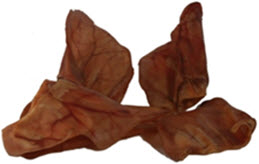
Your dog will thank you for caring enough to make these simple changes and possibly even adding another five (5) years to its life.
This article and information forms part of the Carole's Doggie World Library and is presented for informational purposes only.The information is not intended to be a substitute for visits to your local vet. Instead, the content offers the reader information researched and written by Carole Curtis for www.carolesdoggieworld.com

